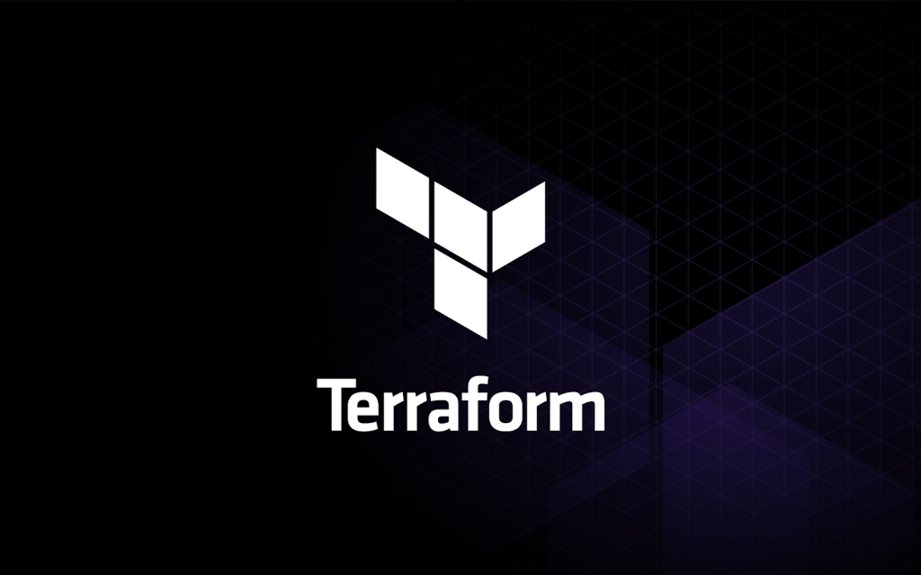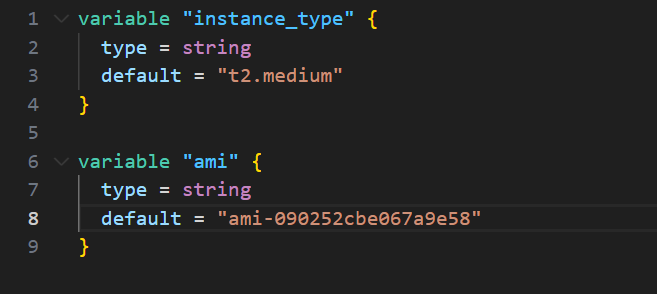Terraform Mastery Part 1: Tips for Pro Infrastructure
Introduction
Welcome to the magical world of Terraform, where cloud infrastructure meets innovation! While many people know the basics, there are hidden gems buried deep inside this powerful tool just waiting to be discovered. This blog is your guide to some unique tips and tricks that can supercharge your Terraform skills, increase your productivity, and take your infrastructure management to new heights. Let’s deep dive into the unexpected and see the magic that lies ahead!

terraform
Tips for Pro Infrastructure
Tip 1. Use Sensible Defaults with Variable Variables
Ever find yourself drowning in variable definitions? Simplify your Terraform experience by utilizing variable defaults sensibly.
Leverage Default Values: For less frequently changed variables, use defaults. This allows you to deploy without excessive input, streamlining your infrastructure. For example, set a default instance type for non-prod environments. Modify only when needed!

Terraform variables
Tip 2: Keep Your Terraform Code in Harmony
Consistency and clarity are your allies in Terraform!
- Format with terraform fmt: Automatically tidy up your code for readability and collaboration.

terraform fmt

terraform fmt
- Validate with Terraform validate: Catch syntax mistakes early to save debugging time.
Pro Tip: Fail your Jenkins task if terraform fmt -check detects formatting problems. Let CI/CD put in force your code’s rhythm!
Tip 3. Go Full GitOps: Terraform Meets Git
Why now not make the system a piece extra interesting by way of incorporating GitOps practices into your Terraform workflow? Think of it as turning your infrastructure management right into an exciting team game!
- Pull Requests(Version Control Your Terraform Code): Channel your internal collaborator by way of the use of pull requests for any adjustments to Terraform files. This promotes code opinions and sparks creativity.

GitOps with Terraform
- Automated Workflows: Use CI/CD tools like Jenkins for terraform deployments and observe routinely upon merging code. It keeps the whole lot flowing smoothly!
Tip 4: Plan Like a Pro with Terraform plan
Before you “apply” changes to your infrastructure, treat the terraform plan as your dress rehearsal. It previews the modifications Terraform will make, allowing you to avoid surprises and ensure smooth deployment.
- Review Every Detail: Carefully inspect the terraform plan output. It’s your final checkpoint to catch unexpected changes before they go live.
- Save for Consistency: Use the `-out` flag to save your plan to a file. This ensures the exact changes can be applied later, maintaining consistency and avoiding unintended modifications.
- Add an approval stage in Jenkins to bring an extra layer of safety and accountability to your workflow.
Here’s an example Jenkins pipeline snippet for approvals:
stage('Terraform-Approval') {
steps {
script {
timeout(time: 10, unit: 'MINUTES') {
def userInput = input(
id: 'Approve',
message: 'Do You Want To Apply The Terraform Changes?',
parameters: [
[$class: 'BooleanParameterDefinition', defaultValue: false, description: 'Apply Terraform Changes', name: 'Approve?']
]
)
}
}
}
}

timeout

timeout
Tip 5: Master State Management and Dodge the Pitfalls
- State management: It is the backbone of Terraform’s magic. Mismanaging it can lead to chaos, so follow these tips to keep your state in top shape: Go Remote for Reliability: Store your state files in a secure remote backend like AWS S3 with DynamoDB for locking. This ensures accessibility and prevents local mishappenings.
- Lock It Down: Enable state locking to avoid simultaneous updates that can corrupt your infrastructure. Most remote backends, like S3+DynamoDB, handle this seamlessly.

terraform lock
- Workspaces for Multi-Environment: Use Terraform workspaces to isolate states for different environments, like dev and production. This reduces the risk of accidental cross-environment changes.

terraform workspaces
terraform workspace new production
By naming workspaces thoughtfully (e.g., integration, production), we can maintain clear separation and better control across environments.
Conclusion: Level Up Your Terraform Game
Mastering the Terraform is a journey, and these tips are just the beginning! Stay tuned for Part 2 of Terraform Mastery: Tips for Pro Infrastructure, where I’ll share more in-depth insights to take your infrastructure to the next level.
At TO THE NEW, we specialize in helping organizations manage and optimize their businesses. With the HashiCorp Certified Terraform DevOps Engineers, we are ready to solve your toughest challenges. Whether it’s streamlining business processes, enhancing security, or upgrading your infrastructure, we’ve got you covered. Ready to transform your infrastructure with Terraform? Reach out to us today! Stay connected for more Terraform tips, and let’s build a better infrastructure together!



